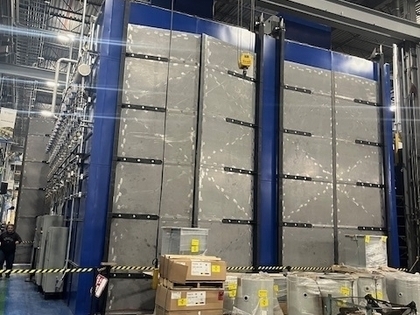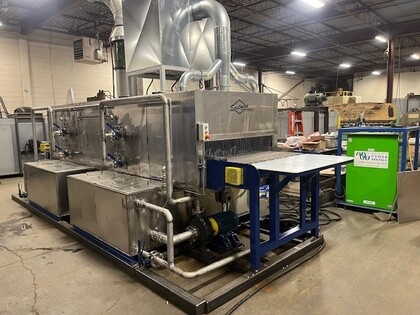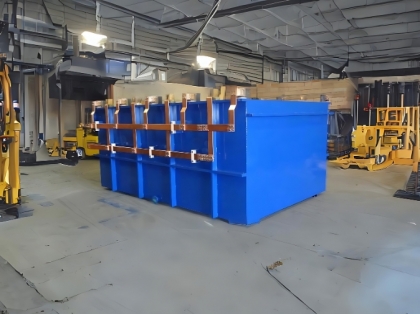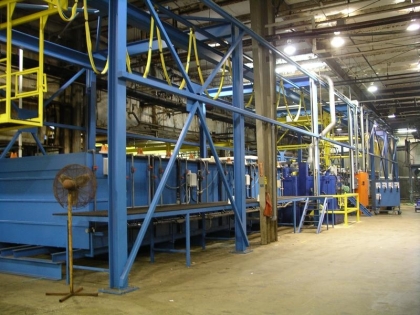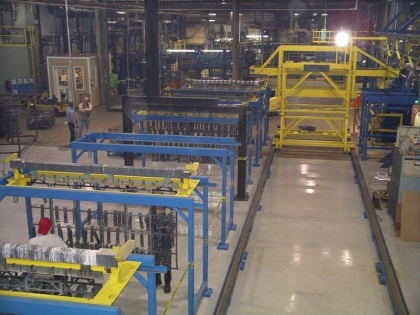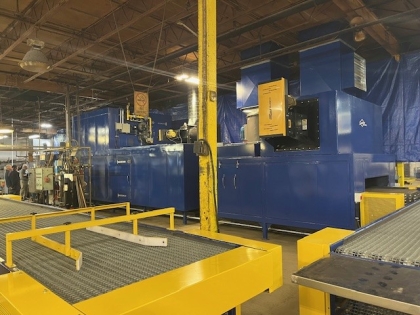Gas-Fired vs. Electric Batch Ovens: Which Performs Better?
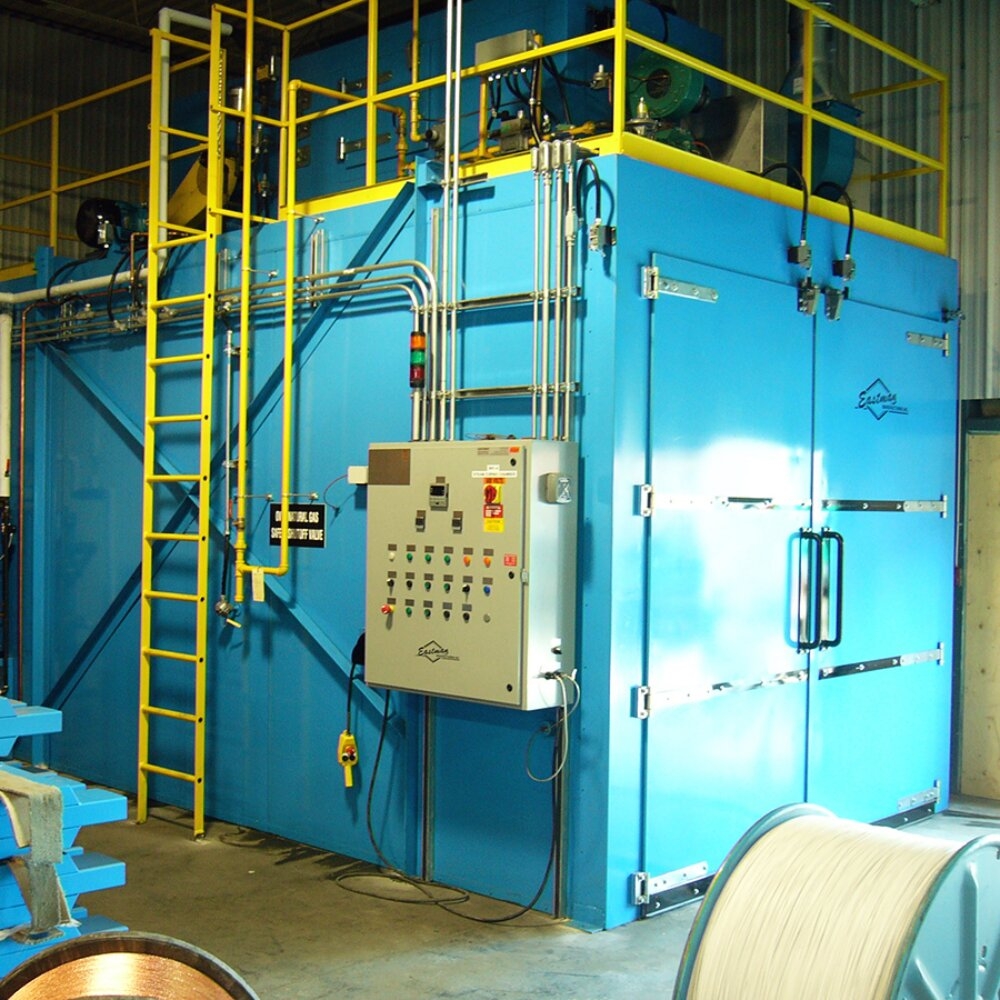
Choosing the right oven will be the most important decision you make for your manufacturing business. Heat treatment is a crucial aspect in ensuring the quality, consistency, and durability of products. Industrial ovens are the backbone of heat treatment applications. They are primarily powered by two sources, gas and electricity.
Both gas-fired and electric ovens have their own sets of strengths and are suitable for a wide range of applications. Eastman Manufacturing Inc. in Mississauga, Ontario, supplies the best batch ovens in Toronto and the GTA. In this blog, we shed light on the debate between gas-fired and electric batch ovens and help you make an informed decision.
What Are Batch Ovens?
As the name suggests, these industrial ovens allow products to be treated in batches or groups. How do batch ovens differ from continuous ovens? The former has a single door for loading and unloading.
These ovens are ideal for a wide range of applications, such as drying, curing, baking, heat treating, and powder coating.
Industrial batch ovens are well-suited for heating varied products, or those of different, odd shapes and sizes. While continuous ovens are used to process larger volumes, batch ovens are well-suited for smaller batches.
Lower capital requirements and unmatched precision are also factors that make batch industrial ovens highly sought after.
What Are The Advantages of Gas-Fired Batch Ovens?
Quick Turnaround Time
Gas burners achieve the desired temperature quickly, significantly improving the production efficiency.
Achieves Higher Temperature
Gas-fired batch ovens are ideal for processes requiring temperatures above 500°F (260°C), such as heat treating and curing. Gas burners achieve higher temperatures more quickly and effortlessly.
Lower Operating Costs
Gas is relatively cheaper than electricity in most parts of the world. Gas-fired ovens help reduce inflated energy bills, proving to be a cost-effective solution.
What Are The Advantages of Electric Gas-Fired Ovens?
Minimal Maintenance
Thanks to superior build quality and fewer moving parts, electric ovens demand minimal maintenance and upkeep. The absence of burners significantly reduces the need for maintenance.
Quiet Operation
Electric ovens are perfect for noise-sensitive applications. Electric systems run smoothly with minimal noise or vibration.
Superior Temperature Uniformity
Electric heating elements provide even heat distribution, ensuring consistent results across all parts.
Conclusion
If you want to know which industrial oven is perfect for your particular applications, get in touch with our experts at Eastman Manufacturing Inc. Call 905-670-7005 or click here for a free consultation. We are trusted industrial oven manufacturers who offer the best custom batch and continuous ovens. Whether you want to source gas-fired or electric ovens, we have you covered.


